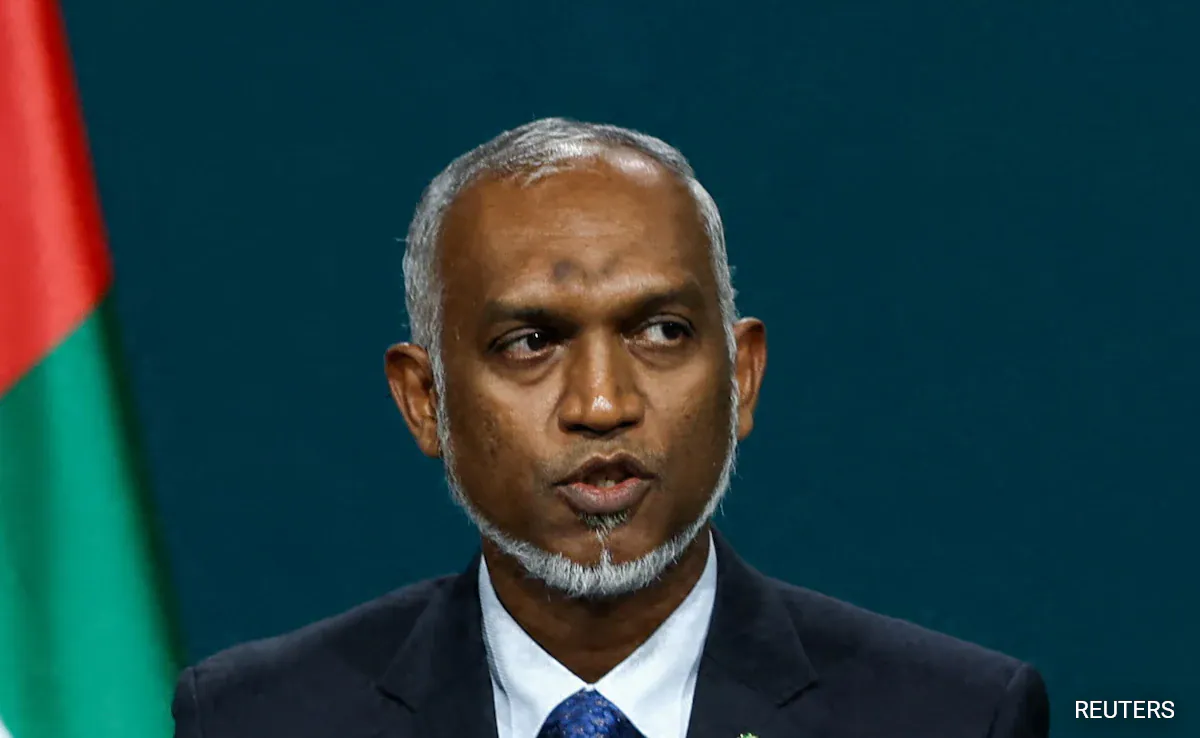Table of Contents
Surge in Developmental initiatives in Maldives
As evident by the increasing pace of its projects in Maldives, India is not letting the sparks of tensions dotting the relations between the two countries impede its developmental initiatives in Maldives. The new fiscal year has witnessed an augmentation to the fund allocation for the said cause from 1.83 billion rupees in 2022-23 to 7.71 billion rupees this year.
Despite the countries’ diplomatic kinship facing a strained time, with the Maldivian President Mohamed Muizzu ordering the purge of Indian troops from Maldives, India’s project initiatives in the country have seen a rather surge. The increase in the budget allocation this year has landed India a position as the second largest spender on the development projects in Maldives, right after Bhutan.

Major Initiatives
A multitude of key projects have been taken up. Such as the $100 million project intended to improve the condition of the roads and bridges around Male which is the capital of Maldives. Apart from that India is also backing the development of two airports in remote archipelago islands, with each facility requiring about $130 million. The financing for these projects is facilitated by a line of credit from India.
Male’s burgeoning relationship with Beijing has resulted in a recent decision to permit a Chinese research vessel to dock at its port, despite India’s reservations. New Delhi is concerned that the information gathered by such vessels could be leveraged by the Chinese military, potentially affecting security dynamics in India’s immediate surroundings. An official stressed that the presence of extra-regional powers, notably China, capable of influencing the security landscape of the Indian Ocean region, is a critical concern for India.
This underscores a red line in India’s strategic priorities, signaling the imperative of safeguarding its interests in the region. The situation highlights the delicate balance between Male’s engagement with China and India’s regional security concerns. As India seeks to maintain its strategic influence in the Indian Ocean, it closely monitors developments that could potentially challenge its position and security interests in the area.
Muizzu recently conducted a state visit to Beijing but has not yet visited India. Both nations have recently agreed to replace troops by May. India asserts that its troops offer support for humanitarian aid and facilitate medical evacuations using aircraft it has supplied.

Support Despite Tensions
Despite strained relations since Muizzu’s tenure began and his call for the removal of Indian troops, India maintains its dedication to development aid for the Maldives. An Indian official, preferring anonymity, confirmed that developmental collaboration with Male persists, with projects advancing rapidly. This uptick in momentum is attributed to India’s enhanced budgetary allocations for the Maldives in the present fiscal year.
Muizzu’s office has yet to respond to requests for comment, leaving his stance uncertain. India’s steadfastness in providing assistance underscores its long-term commitment to the Maldives’ development, despite political tensions. This stance emphasizes the separation of development aid from political differences, prioritizing the welfare and progress of the Maldivian people. As diplomatic engagements evolve, India’s proactive approach to sustaining development cooperation highlights its strategic interests in the region and commitment to fostering stability and prosperity in its neighboring countries.

Conclusion
In conclusion, the intricate dynamics between India, the Maldives, and other regional players underscore the complexities of diplomatic relationships in the Indian Ocean region. Despite tensions and challenges, India’s unwavering commitment to developmental initiatives in the Maldives reflects its strategic vision for regional stability and prosperity.
The surge in project initiatives and increased budgetary allocations signify India’s determination to uphold its role as a key partner in the Maldives’ development journey. It is also such a perfect representation of it;s commitment to the Sanskrit dictum “Vasudhaiva Kutumbakam” that translates to “The world is one family.” as promulgated in the G20 summit the previous year.
Furthermore, India’s proactive stance highlights the importance of separating development aid from political differences, prioritizing the well-being and progress of the Maldivian people. As both countries navigate diplomatic challenges and evolving regional dynamics, the continuation of development cooperation underscores India’s enduring commitment to fostering mutual growth and stability in the Indian Ocean region.



